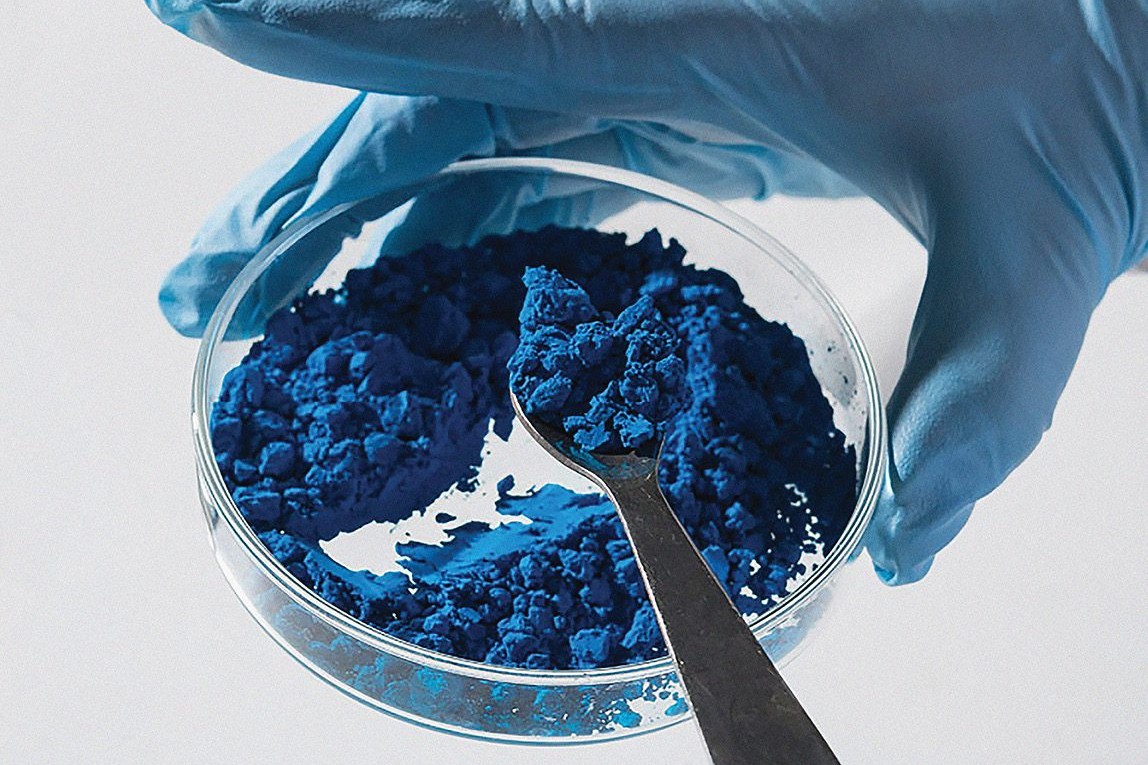A SET OF RADICAL NEW PRODUCTS created from deconstructed strong wool is ready for market testing after six years of research at the Wool Research Organisation of New Zealand (WRONZ).
A pilot plant built at WRONZ’s Lincoln facility will test if the wool particles, pigments and powders can be produced at scale and profitably.
A new WRONZ commercial subsidiary called Wool Source has been established to test market demand for the products and look for suitable partners across a range of industries, from cosmetics to printing, luxury goods and personal care.
Wool Source chief executive Tom Hooper says the science behind the new products is “brilliantly done” and unique in global terms.
“Wool Source is reimagining the future of NZ wool. Our new pigment, particle and powder products are produced from all-natural, sustainable, strong wool particles and provide the base ingredient for a new generation of high-performance materials, free from chemicals, metals, and toxins.”
His immediate focus is on proving the commercial viability of the products and establishing demand, predominantly with international markets.
“To do this, we need to demonstrate we can produce at scale, with a unit production cost and price point that enables margins that create long term value-added opportunities for the New Zealand wool sector.”
Wool Source will operate the pilot plant to run production trials, develop market samples and engage with partners interested in new product development aimed at high volume premium markets.
“Wool fleece is the perfect sustainable, biodegradable, cruelty-free and traceable natural product – with intrinsic positive characteristics that enable use against the skin.
“From skincare to luxury fibres, the opportunities for new products are endless. Ultimately, we’d like to see the future development of a large-scale manufacturing operation in New Zealand solely using New Zealand strong wool.”
The market engagement work will be led by Hooper and is jointly funded by WRONZ and the Strong Wool Action Group (SWAG). The emphasis is on an initial, short term project focused on market demand and product development that leads to viable commercial opportunities.
Hooper says the research is tightly protected by patents and it will only use New Zealand grown strong wool as the raw material. Depending on feedback from the market and discussions with partners, he sees opportunity for WRONZ to licence its use to third parties with strict protocols in place to protect the intellectual property.
“We haven’t made any calls yet on what the overall business structure could be in the future. We’re keeping an open mind,” Hooper says.
“WRONZ will not be the long-term developer of the range of products from the ingredients that are produced from the deconstructed strong wool.”
“We’re targeting partners that operate in niches and markets we know can pay good money for the products this process creates. That will ultimately lead to better prices at the farm gate.”
Hooper says it was too soon to predict the impact likely at the farm gate for wool growers. He says that will become clear by the completion of the market engagement stage over the coming 12-18 months.
“We know strong wool farmers are hurting now and have been for some time. We need this to be an added lift in demand for strong wool alongside the traditional channels like carpets,” he says.
Hooper has been chief executive at Wool Source since mid-2021 after a 30-plus year business career in commercialisation of new products and market development.
WRONZ unveiled the innovative wool products at an event in July this year to celebrate the achievements from its seven-year, $21-million New Uses for Strong Wool programme. The programme has less than two years to run.
At the same event, WRONZ chairman Andy Fox announced a new research investment jointly funded by the Ministry for Primary Industries and WRONZ to develop and test further product lines as part of the wider New Uses for Strong Wool programme.
MPI is contributing $1.95 million from its Sustainable Food and Fibre Futures (SFF Futures) fund alongside a further $2.92 million from WRONZ over three years.
- For more information see www.woolsource. co.nz





